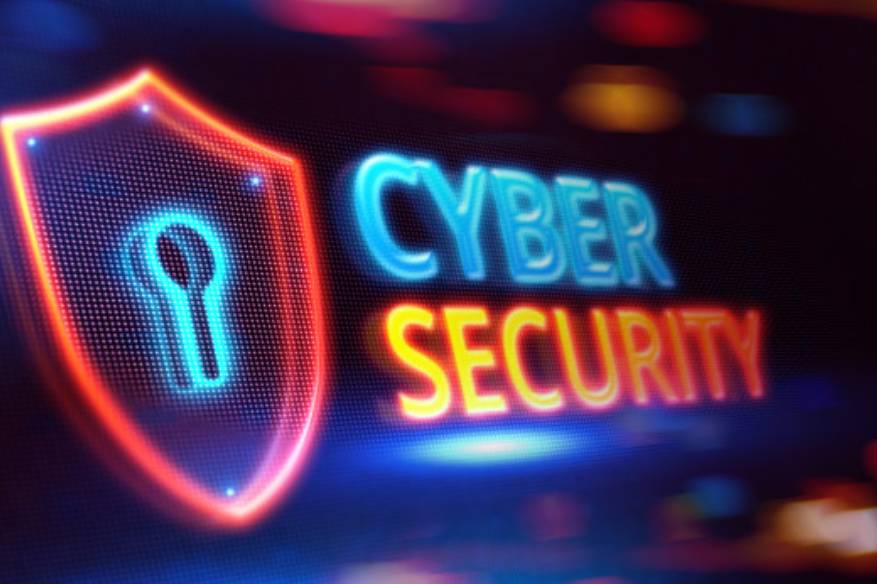As we all know, the world of blogging is a serious business. It is something that is transforming lives, with some bloggers making a serious about of money from something that may have once just been regarded as a hobby.
In other words, it is a business. Like all businesses, it is open to threats and this is what today’s post is going to focus on.
Today, cybersecurity is the name of the game; the importance of cyber security can be seen by the fact certain venture capital companies, like C5 Capital founded by Andre Pienaar, focus their investments into cloud computing and online security.
Bearing this in mind, let’s now take a look at some of the best ways you can protect yourself when it comes to being a professional blogger and dealing with cybersecurity.
Sometimes, it’s about common sense
It will obviously depend on which niche you find yourself in, but on the whole most bloggers get around and travel a bit.
This can be a key area for things to go wrong. Simply leaving an unprotected mobile phone or computer is asking for trouble, but the risks don’t end there.
For example, if you happen to be traveling on a train, someone can merely look over your shoulder and peek at passwords or any secure documents. It’s for this reason that it’s always important to have your wits about you and protect your passwords/important documents carefully.
Be wary about public Wi-Fi
It can be your savour and if you happen to be a travel blogger, the amount of data costs it will save you will be unreal.
However, public Wi-Fi is something that shouldn’t always be trusted. It is something that isn’t always secure, and there have been many cases of unencrypted data being intercepted.
As such, be careful with your selection of these hotspots. Make sure that they are from reputable sources and if they’re not, think twice about connecting or at least don’t access secure data whilst on them.
The same rules apply with public computers
Suffice to say, very similar rules are in place when it comes to public computers.
Again, you are presented with the privacy issues that we spoke about in the first section of this article. In other words, it’s very easy for someone to peer over your shoulder and take information which they really shouldn’t be seeing.
Then, there are problems in relation to general cybersecurity. You have no way of knowing what is truly installed on these machines and whether it is going to protect any document you work on, or even harm it.
The standard security protocols
Finally, don’t forget the standard security protocol you will have been taught from a young age. By this, we’re referring to everything from having adequate anti-virus protection installed on your machine, right the way to being aware of any phishing scams that are becoming more common. In short, be very wary when opening anything from an unknown source – skepticism is the best policy when it comes to keeping your cybersecurity in check.

